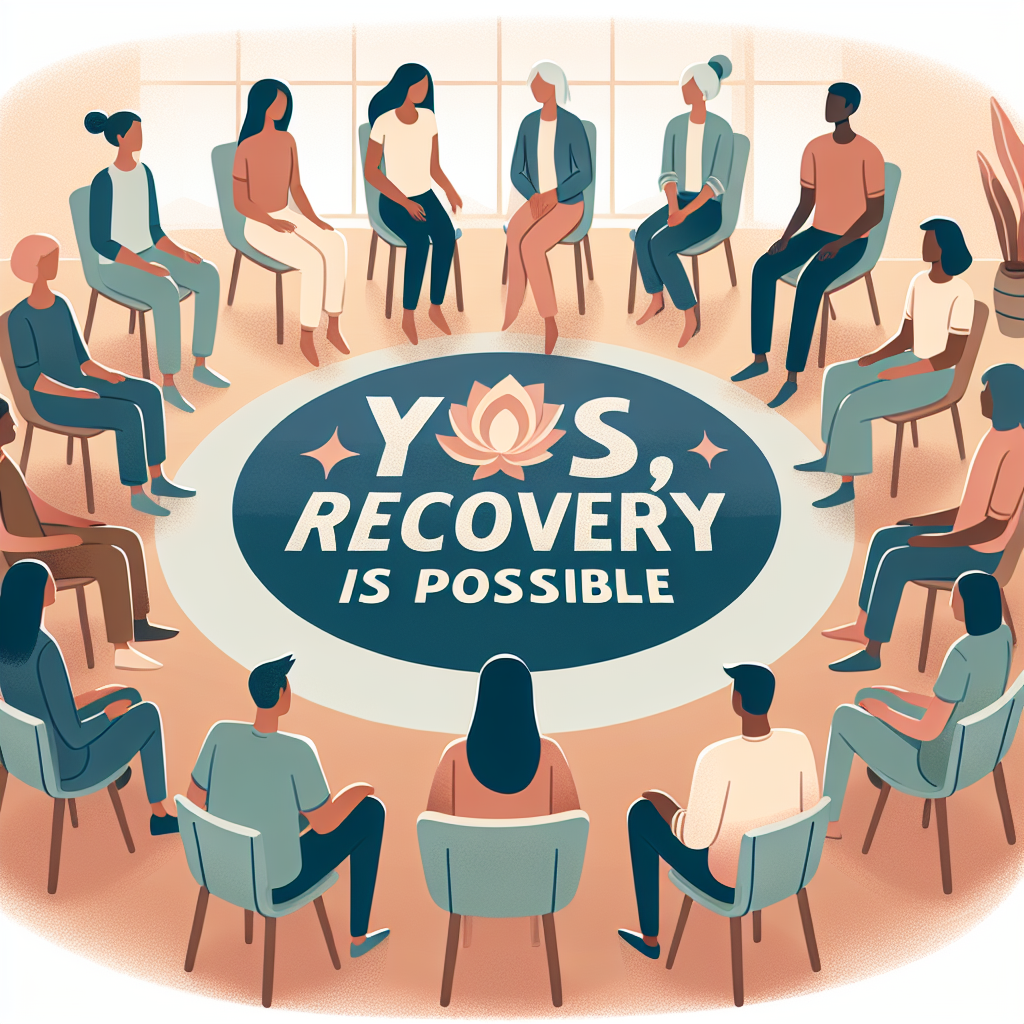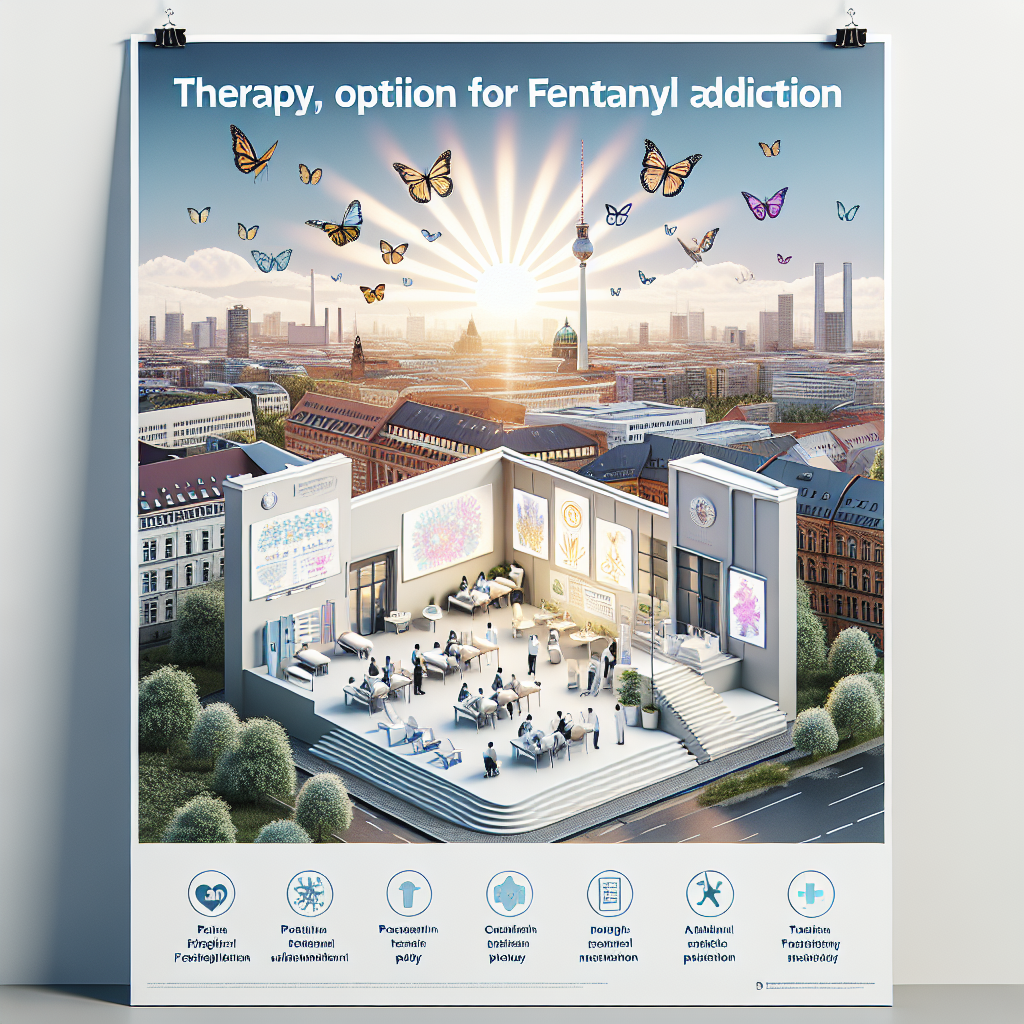-
Table of Contents

“Rediscover Life: Heroin Addiction Rehab Can Help You Heal and Thrive.”
Introduction
Heroin addiction is a severe and life-threatening condition that affects millions of individuals worldwide. Seeking help through a rehabilitation program can be a crucial step towards recovery and reclaiming a healthy, fulfilling life. Rehab for heroin addiction offers a structured environment where individuals can receive medical care, psychological support, and various therapies designed to address the physical and mental aspects of addiction. These programs typically include detoxification, counseling, behavioral therapies, and aftercare planning to ensure long-term success. By providing comprehensive treatment and support, rehab can significantly increase the chances of overcoming heroin addiction and achieving lasting sobriety.
Understanding the Benefits of Rehab for Heroin Addiction
Understanding the benefits of rehab for heroin addiction can be a transformative step in the journey toward recovery. Heroin addiction is a complex and challenging condition that affects not only the individual but also their loved ones. However, with the right support and treatment, overcoming this addiction is entirely possible. Rehab centers offer a structured environment where individuals can focus on their recovery, free from the distractions and triggers of everyday life.
One of the primary benefits of rehab for heroin addiction is the comprehensive approach to treatment. Rehab centers provide a combination of medical, psychological, and social support, which is crucial for addressing the multifaceted nature of addiction. Medical detoxification is often the first step, helping individuals safely withdraw from heroin under the supervision of healthcare professionals. This process can be daunting, but knowing that medical staff are available to manage withdrawal symptoms and complications can provide immense relief and safety.
Following detox, rehab programs typically offer a range of therapeutic interventions designed to address the underlying causes of addiction. Cognitive-behavioral therapy (CBT), for instance, helps individuals identify and change negative thought patterns and behaviors associated with drug use. Additionally, group therapy sessions provide a sense of community and shared experience, which can be incredibly empowering. Sharing stories and challenges with others who understand can foster a sense of belonging and reduce feelings of isolation.
Moreover, rehab centers often incorporate holistic therapies that promote overall well-being. Activities such as yoga, meditation, and art therapy can help individuals reconnect with themselves and find new, healthy ways to cope with stress and emotions. These therapies not only support mental health but also encourage physical wellness, which is often neglected during active addiction.
Another significant benefit of rehab is the development of a personalized aftercare plan. Recovery is a lifelong journey, and the transition from rehab back to everyday life can be challenging. Rehab centers work with individuals to create a plan that includes ongoing therapy, support groups, and strategies for managing triggers and cravings. This continued support is vital for maintaining sobriety and preventing relapse.
Furthermore, rehab for heroin addiction can also help rebuild relationships and restore trust with loved ones. Addiction often strains relationships, leading to feelings of guilt, shame, and resentment. Family therapy sessions offered in rehab can facilitate open communication and healing, allowing families to understand addiction better and learn how to support their loved one in recovery.
In addition to these benefits, rehab provides a safe and supportive environment where individuals can focus solely on their recovery. The structured routine, free from the chaos and temptations of the outside world, allows individuals to develop new habits and coping mechanisms. This environment fosters personal growth and self-discovery, helping individuals build a strong foundation for a drug-free life.
Ultimately, the decision to seek rehab for heroin addiction is a courageous and life-changing step. It signifies a commitment to oneself and a desire for a healthier, more fulfilling life. While the journey may be challenging, the benefits of rehab are profound and far-reaching. With the right support, individuals can overcome heroin addiction, reclaim their lives, and look forward to a brighter future. The path to recovery is not easy, but it is undoubtedly worth it, and rehab can provide the tools and support needed to succeed.
How Rehab Programs Tailor Treatment for Heroin Addiction Recovery
Rehabilitation programs for heroin addiction are designed to provide a comprehensive and personalized approach to recovery, recognizing that each individual’s journey is unique. These programs begin with a thorough assessment to understand the specific needs, challenges, and circumstances of the person seeking help. This initial evaluation is crucial as it forms the foundation for a tailored treatment plan that addresses both the physical and psychological aspects of addiction.
One of the primary components of heroin addiction treatment is detoxification, a process that helps the body rid itself of the drug. This phase can be particularly challenging due to the severe withdrawal symptoms associated with heroin. However, rehab centers offer medically supervised detox to ensure that this process is as safe and comfortable as possible. Medical professionals may administer medications to alleviate withdrawal symptoms and reduce cravings, making it easier for individuals to transition into the next phase of treatment.
Following detox, rehab programs incorporate a variety of therapeutic approaches to address the underlying causes of addiction. Cognitive-behavioral therapy (CBT) is commonly used to help individuals identify and change negative thought patterns and behaviors that contribute to their substance use. Through CBT, individuals learn coping strategies and develop healthier ways to deal with stress and triggers. Additionally, motivational interviewing is often employed to enhance an individual’s motivation to change and commit to the recovery process.
Group therapy is another integral part of heroin addiction treatment. It provides a supportive environment where individuals can share their experiences, gain insights from others, and build a sense of community. This collective support can be incredibly empowering, as it helps individuals realize that they are not alone in their struggles. Moreover, family therapy is often included to address the impact of addiction on relationships and to foster a supportive home environment that is conducive to recovery.
Holistic therapies, such as yoga, meditation, and art therapy, are also incorporated into many rehab programs. These therapies aim to heal the mind, body, and spirit, promoting overall well-being and helping individuals find new, healthy outlets for their emotions. By integrating these holistic approaches, rehab centers provide a well-rounded treatment experience that addresses all aspects of an individual’s life.
Furthermore, rehab programs emphasize the importance of aftercare planning to ensure long-term success in recovery. This may include ongoing therapy, support group meetings, and relapse prevention strategies. By providing continuous support and resources, rehab centers help individuals maintain their sobriety and navigate the challenges that may arise after completing the program.
In addition to these therapeutic interventions, rehab programs often offer educational workshops on topics such as nutrition, exercise, and life skills. These workshops equip individuals with the knowledge and tools they need to lead a healthy and fulfilling life post-recovery. By addressing various facets of an individual’s life, rehab programs aim to empower individuals to make positive changes and build a strong foundation for lasting recovery.
Ultimately, rehab for heroin addiction is not a one-size-fits-all solution. It is a personalized journey that requires a multifaceted approach to address the unique needs of each individual. By tailoring treatment plans and providing comprehensive support, rehab programs offer a beacon of hope for those struggling with heroin addiction. With the right help and commitment, recovery is not only possible but achievable, paving the way for a brighter, healthier future.
Q&A
1. **Question:** Can rehab for heroin addiction provide medical detoxification?
**Answer:** Yes, rehab for heroin addiction often includes medical detoxification to manage withdrawal symptoms safely.
2. **Question:** Does rehab for heroin addiction offer therapy and counseling?
**Answer:** Yes, rehab for heroin addiction typically offers therapy and counseling to address the psychological aspects of addiction.
Conclusion
Rehab for heroin addiction can provide comprehensive support through medical detox, therapy, and aftercare planning, significantly increasing the chances of long-term recovery and helping individuals regain control over their lives.



